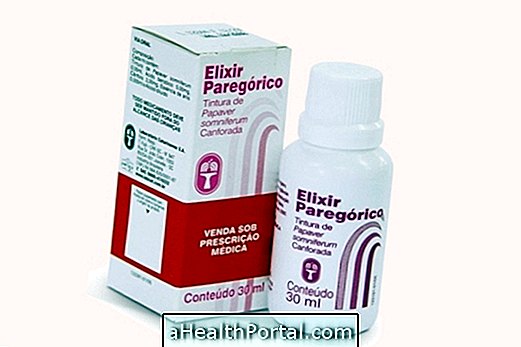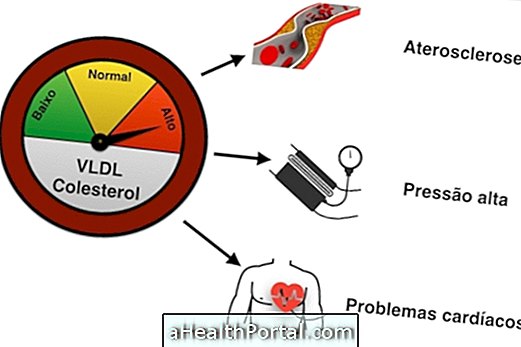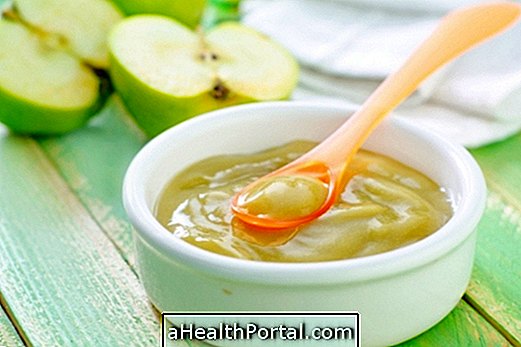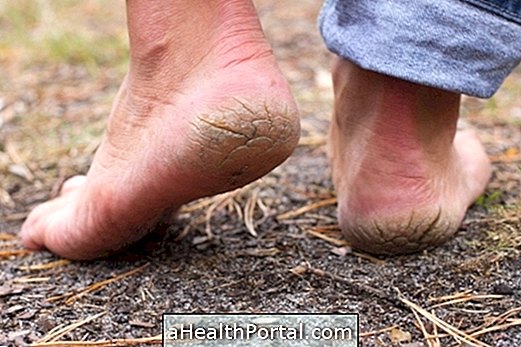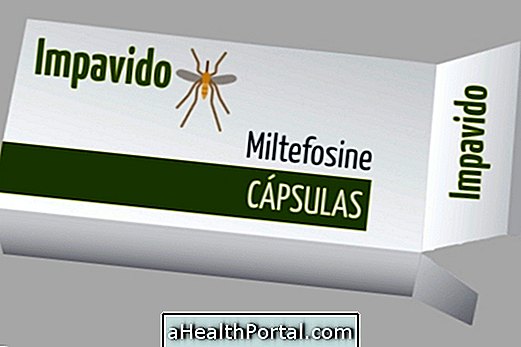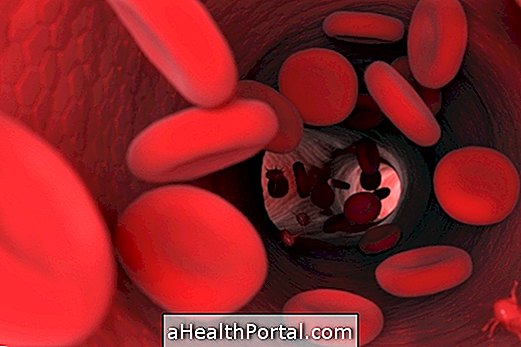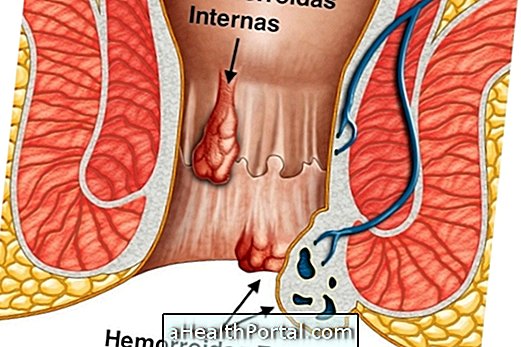To treat constipation should be given to the child foods rich in fiber and encourage the intake of water, in addition to doing a massage in the abdomen.
Constipation in children can cause hard, dry stools, pain and swelling of the belly, which can make the child feel uncomfortable, and occurs when bowel movements occur less frequently than usual, accumulating faeces .
Feeding to loosen the intestine
To help treat a child's constipation, the child should be given:
- At least 850 ml of water per day, as the water when it reaches the intestine helps to soften the stool;
- Unsweetened fruit juices made at home throughout the day, such as orange juice or papaya;
- Foods rich in fiber and and water that help loosen the bowel such as All Bran cereal, passion fruit or almonds with peel, radish, tomato, pumpkin, plum, orange or kiwi.
- 1 tablespoon of seeds such as flaxseed, sesame or pumpkin seed in yogurt or make oatmeal;
- Avoid giving the child food that holds the intestines, such as white bread, farofa, banana or industrialized foods, because they are foods low in fiber and tend to accumulate in the intestine.
Generally, the child should go to the bathroom as soon as he feels like it, because holding on will only bring harm to the body and the intestine will become accustomed to that amount of feces, causing an increasing amount of fecal cake to become more and more body to give the signal that needs to be emptied.
In addition, in some cases, the child may need to apply anti-constipating medicines, such as bebegel, but before giving should consult your pediatrician.
How to Identify Constipation in Children
To identify that the child is constipated, the following signs and symptoms should be observed:
- Very hard and dry stools;
- Abdominal pain;
- Swelling of the belly;
- Bad mood and irritability;
- I cry as I touch my belly;
- Decreased will to eat.
Constipation may occur if your child does not go to the bathroom when he feels like it, has a poor fiber diet, is sedentary or does not drink water on a daily basis. In addition, it can occur in anxious children or when they are more nervous.
When to take the child to the pediatrician
The child's parents should take it to the pediatrician when:
- Stay 5 more days without pooping;
- Presenting blood in the stool;
- The child has very strong abdominal pains.
The doctor should be informed about the child's bowel habits and how he feeds in order to identify the causes and thus indicate the most appropriate treatment.
One of the causes of bowel stuck in children is poor diet. Here's how to get your child to eat properly:


